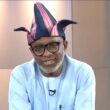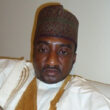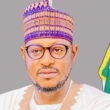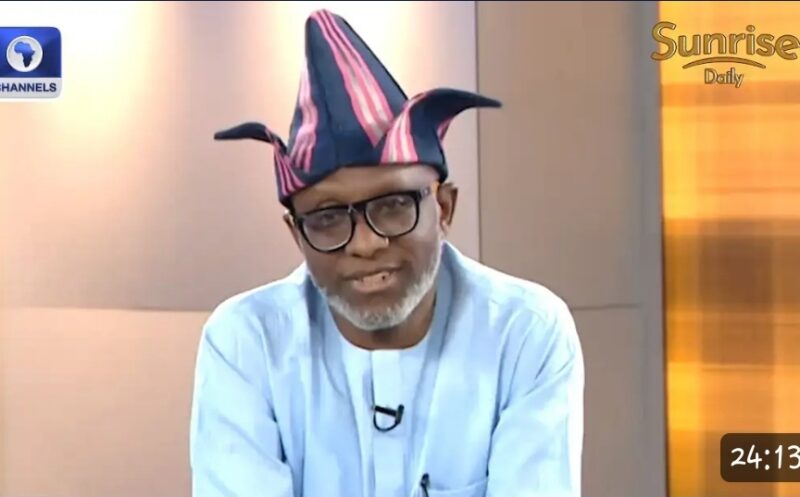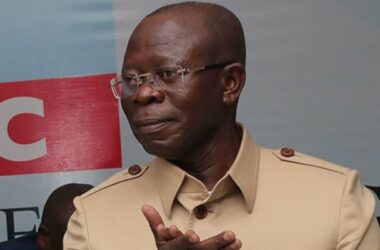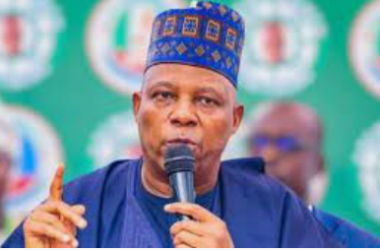Former presidential aide and veteran journalist, Laolu Akande, has debunked claims suggesting that President Bola Ahmed Tinubu supported the annulment of the June 12, 1993 presidential election, widely considered Nigeria’s freest and fairest poll.
Speaking on Sunrise Daily, a Channels Television programme, Akande, who covered the June 12 election and the events that followed up until 1998, said there is no credible public record to back allegations that Tinubu was in support of the annulment orchestrated by then military ruler, General Ibrahim Babangida.
In his words: “I was a reporter, you know, and I covered the whole election, right from before and after, up until 1998 when I left the country. What happened essentially was that, look, it got to a point in, after the annulment. First of all, I don’t think it’s right to say that Bola Tinubu supported the annulment [of June 12, 1993 election]. There is essentially no information in the public space, no credible information in the public place to say that Tinubu supported the annulment of June 12th.
So, I don’t think that assertion is right. However, what Nigerians must understand is exactly what happened and the pattern of its occurrence.”
Akande went on to explain the political context after the annulment. According to him, following the collapse of the Interim National Government (ING) installed by Babangida, General Sani Abacha took power and initiated discussions with key figures in the Social Democratic Party (SDP) and allies of Chief MKO Abiola.
“So, after the annulment of June 12th, the president, President Babangida, instituted Interim National Government. Abacha took over from the Interim National Government. Abacha spoke to the people in SDP, the people around MKO, using people like Oladipo Diya, who was his deputy, to say that, look, ‘let’s work together.’
So, the impression was built, some kind of agreement was built, and the expectation was that Abacha would turn it over to MKO, to the extent that MKO was involved in the selection of cabinet members for Abacha.”
He noted that prominent political figures like Lateef Jakande and Ebenezer Babatope joined Abacha’s government on the premise that power would be handed over to Abiola. He added:
“Now, that was when you saw the current president going with MKO to Dodan Barracks, and met with Sani Abacha, and the photo is all over the place, okay?
So, at that point, everybody, or most of the people, you know, I mean, were saying, okay, look, ‘let’s give Abacha a chance, you know, let’s work with him, he will turn it over to us’.”
Akande emphasized that working with Abacha initially was not synonymous with supporting dictatorship or the annulment. Rather, it was a strategic calculation based on expectations that Abacha would facilitate a return to civilian rule under Abiola.
“That was what happened. And so, you can’t say that that is the business of somebody supporting Abacha, no, you know, maybe they were wrong, but the turning point for me was when it was now clear that Abacha was not going to do any of such thing, that Abacha was actually going to stick in, and he wanted to stay, and Afenifere, and all the other leaders, all the people that came together to say that, let’s give him a chance, with some objections from members of the civil society, people like Gani Fawehinmi, Afenifere, Beko [Ransom-Kuti], said that, ‘look, now that it is clear that Abacha is not going to turn this thing over to us, let all our people who went into government for Abacha come out.’ Now, that is the turning point.”
He clarified that those who failed to withdraw from Abacha’s regime after it became evident he had no intention of transferring power could then be accused of supporting anti-democratic activities.
“Some of the guys did not come out, I think most of them did not come out. Those are the people that you can then accuse, in my view, of supporting, you know, those anti-democratic stuff. And again, you can’t find Bola Ahmed Tinubu in that group.
Bola Ahmed Tinubu was actually one of those who actively funded NADECO and the activities that now took place after it was clear that Abacha was not going to turn it over to Abiola and the rest of them.”
Akande acknowledged, however, that Tinubu had political ambitions during the early Abacha years.
“But it’s also true that the president was interested when all those negotiations were going on, the president was interested to possibly become administrator of Lagos, or deputy administrator of Lagos, or possibly something, that’s also true, as a matter of fact, you know, Kola Abiola had already said that. But you cannot use that to say that he opposed, sorry, he supported the annulment.
No, no, no, no, because all of them thought that, look, let’s work with Abacha. It was after Abacha did not deliver, and then they were asked to come out, those who went in, that was the turning point.”


